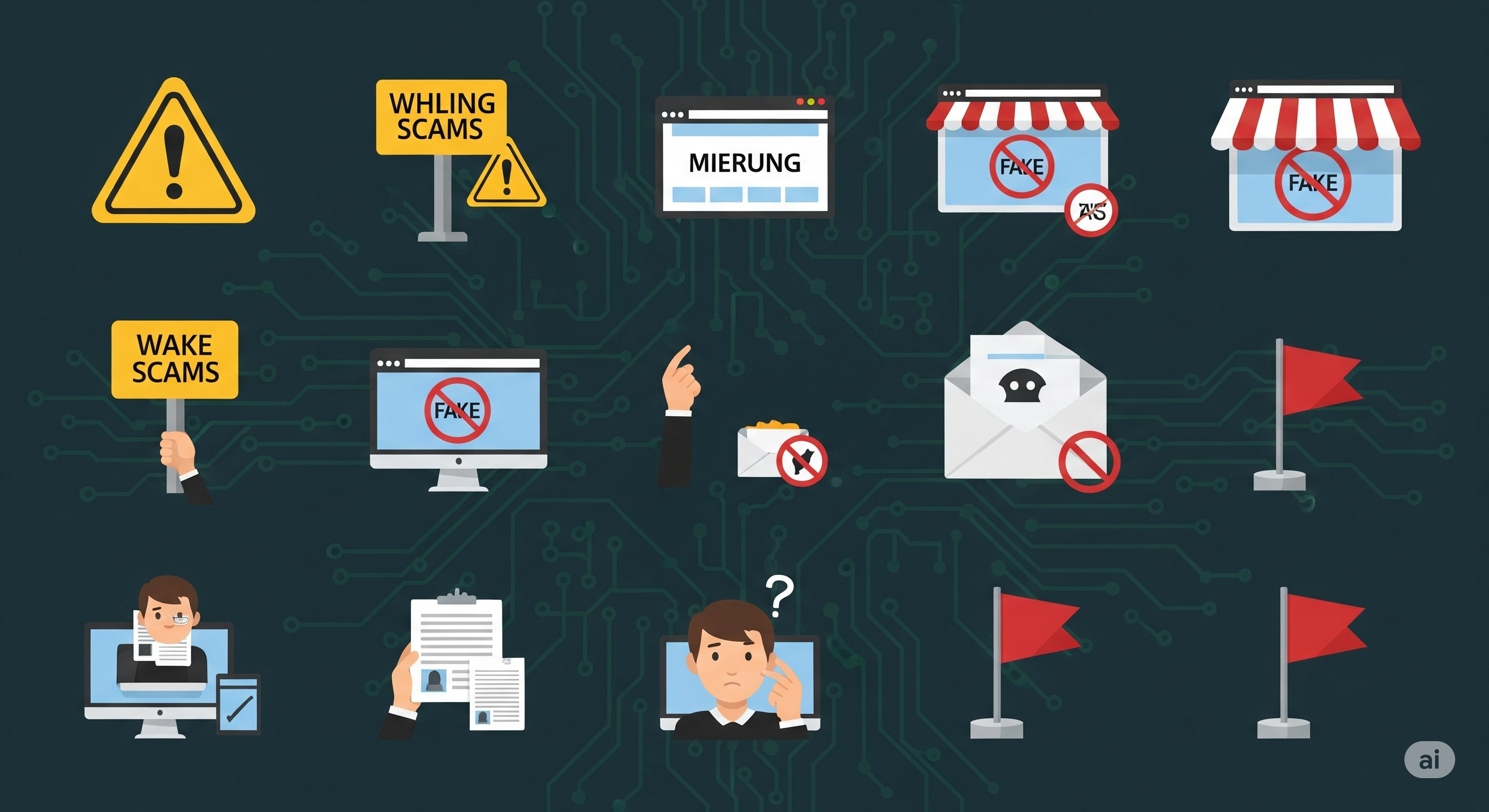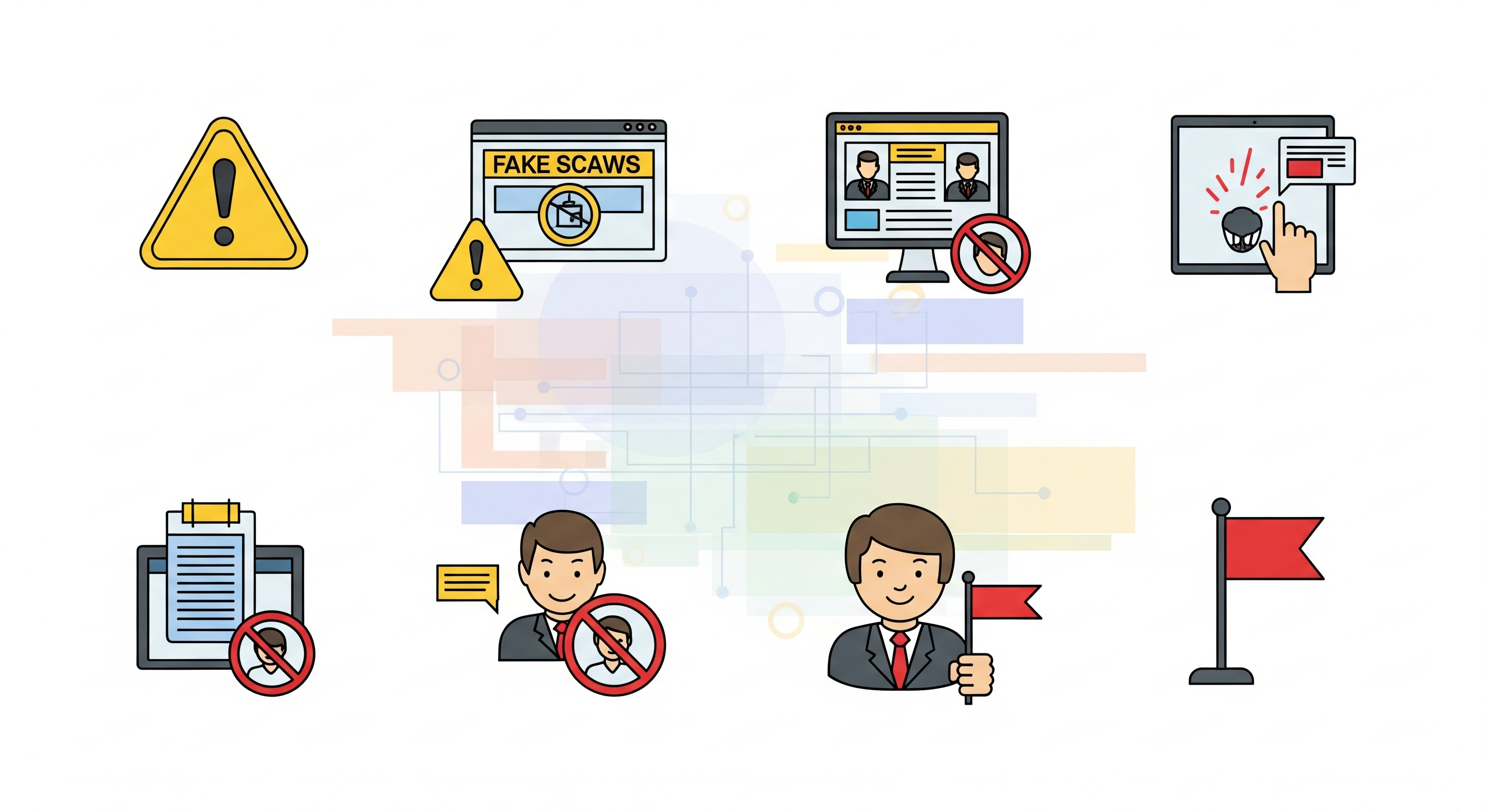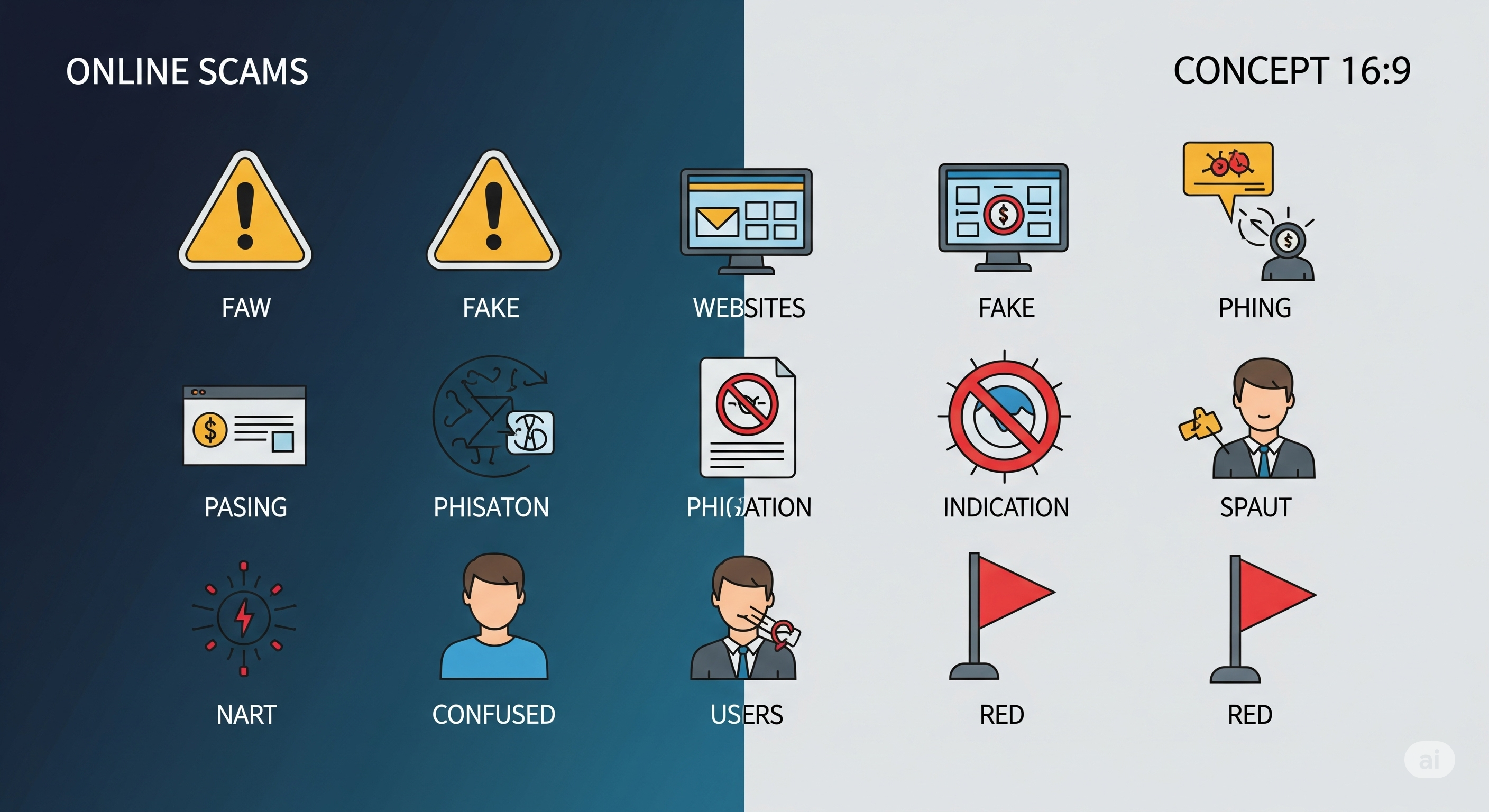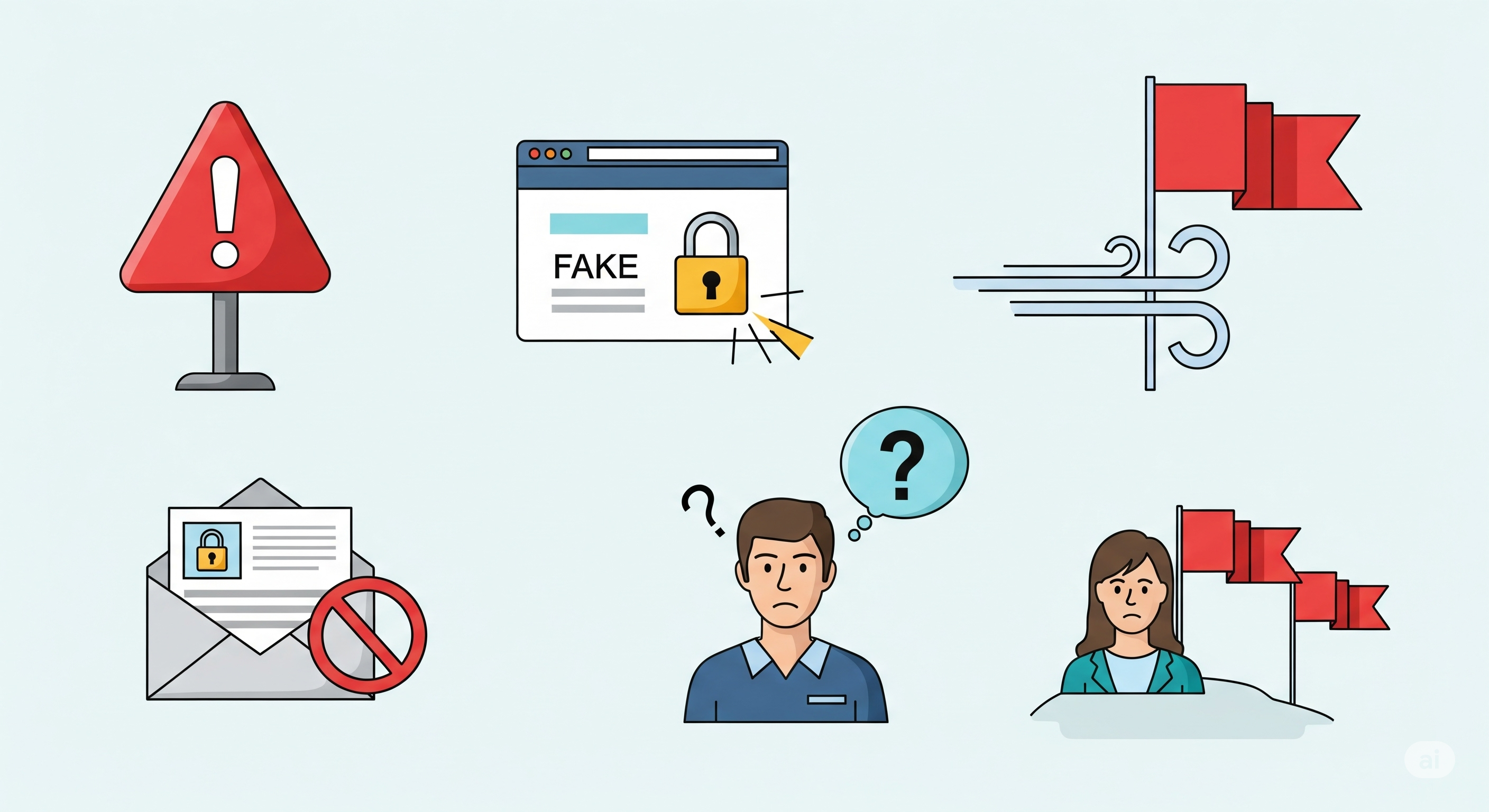Tips & Support
After an Online Scam
After an Online Scam
By Admin
Related Topics

Efficient Price Shopping
Finding the best deal isn t just about getting the cheapest item it s also about getting the most value......
Read More

10 Red Flags to Spot a Scam Website
Scam websites are becoming smarter all the time in this digital era nbsp What used to be clearly phony websites......
Read More

How Scammers Use Your ID
One of the most significant and quickly expanding risks to people in the digital era is identity theft nbsp Scammers......
Read More

Why More Choices Mean Less Clarity
Having additional alternatives may seem like a luxury in a digital world full with goods services and subscription plans nbsp......
Read More

Efficient Price Shopping
Finding the best deal isn t just about getting the cheapest item it s also about getting the most value......
Read More
10 Red Flags to Spot a Scam Website
Scam websites are becoming smarter all the time in this digital era nbsp What used to be clearly phony websites......
Read More
How Scammers Use Your ID
One of the most significant and quickly expanding risks to people in the digital era is identity theft nbsp Scammers......
Read More
Why More Choices Mean Less Clarity
Having additional alternatives may seem like a luxury in a digital world full with goods services and subscription plans nbsp......
Read More


